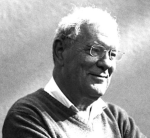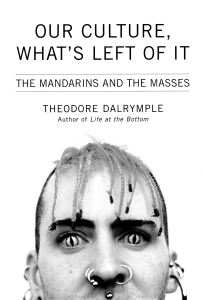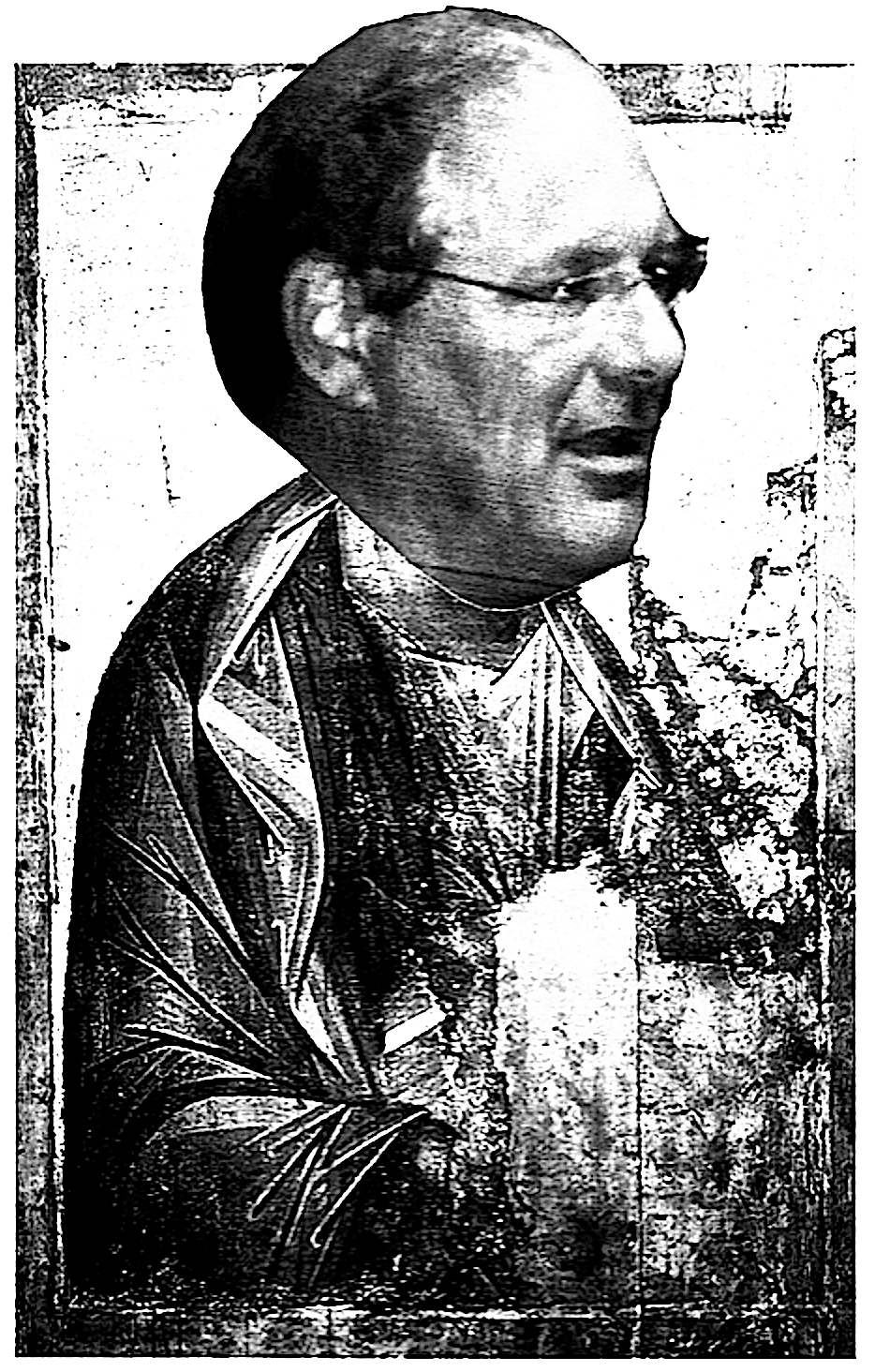 Dalrymple summarises the four stages set out by Daniel Chirot in You Say You Want a Revolution?
Dalrymple summarises the four stages set out by Daniel Chirot in You Say You Want a Revolution?
- An outmoded governing power refuses to accept that change is necessary and consequently refuses to make the necessary concessions to save itself. This leads to overthrow by relatively moderate leaders who would once have accepted compromise but see that change can only come about by revolution.
- There is a counter-revolutionary reaction by those who do not accept their loss of power and who provoke a civil war or call for foreign intervention, or both. As a result, much more radical revolutionary leaders come to the fore and defend the revolution by increasing repression of enemies or supposed enemies.
- The radical leaders, because they hold extreme views and are imbued with unrealistic notions of the redemption of mankind from all its earthly ills, impose experimentation on the population which is economically and socially disastrous.
- In the case of its evident failure, the revolutionary régime loses its ideological ardour, and settles down to a kind of routine and less violent authoritarianism accompanied by large-scale corruption and cronyism.









